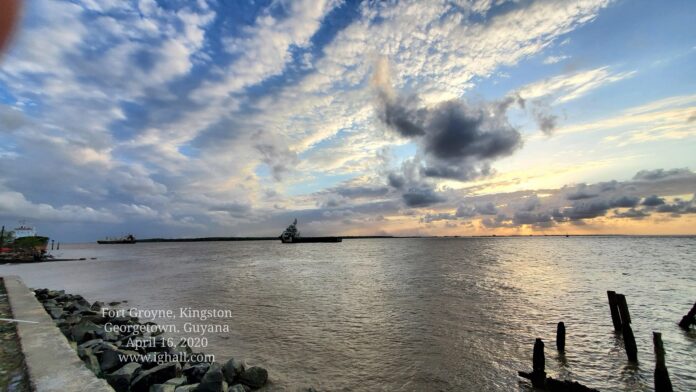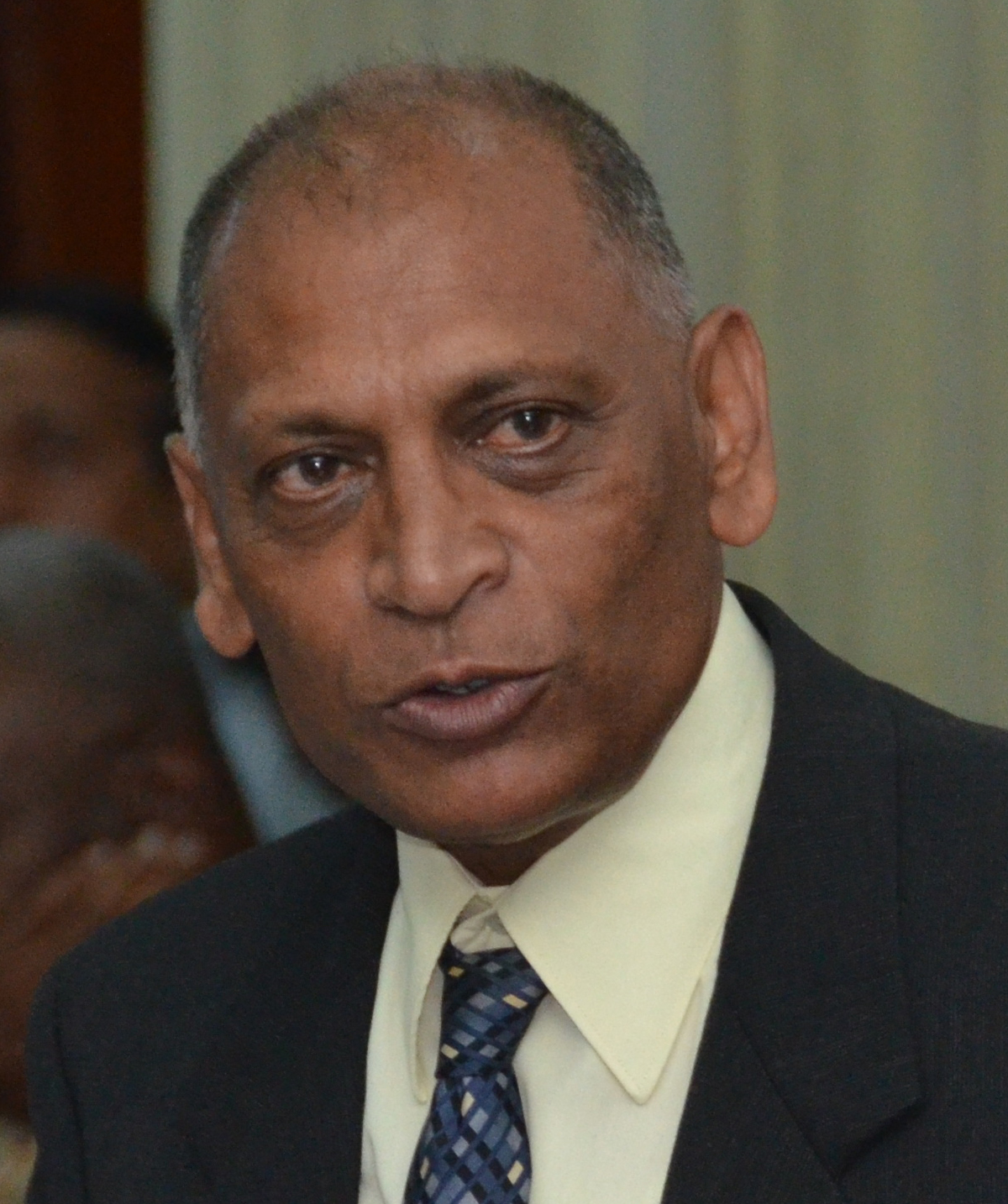Introduction:
The Government of Guyana Environmental Protection Agency (EPA) must take immediate and decisive action to address the alarming issue of raw sewage discharge from the capital city of Georgetown into the Demerara River. The consequences of untreated wastewater discharge are far-reaching, posing serious threats to human health, the environment, and economic activities. It is imperative that the government recognizes the urgency of this matter and allocates the necessary resources to implement effective wastewater treatment measures.
The Extent of the Problem:
It is deeply concerning to note that approximately 80% of wastewater globally is discharged untreated into water bodies. This includes not only domestic wastewater but also toxic industrial and mining wastewater. The natural capacity of water bodies to purify wastewater is frequently overwhelmed, transforming them into flowing sewage lanes. The presence of heavy metals, pharmaceutical and chemical residues, PFAS, and other toxic pollutants in the water further exacerbates the severity of the issue. These pollutants often persist even when the water is used for drinking purposes, posing severe health risks.
International Disparity in Wastewater Treatment:
Data reveals a significant disparity in wastewater treatment across countries. High-income countries manage to treat an average of 70% of their wastewater, while upper-middle-income and lower-middle-income countries treat only 38% and 28%, respectively. Shockingly, low-income countries treat merely 8% of their wastewater. Even in high-income countries, instances of untreated sewage discharge are prevalent, as evidenced by the UK’s alarming record of sewage overflows.
Negative Consequences and Impacts:
The failure to address the issue of untreated wastewater discharge has dire consequences. Firstly, it poses significant risks to human health, exposing communities to waterborne diseases and toxins. Secondly, the environmental impacts are profound, leading to the pollution of water bodies, destruction of aquatic ecosystems, and the loss of biodiversity. Lastly, the economic activities in the affected areas suffer, with adverse repercussions on tourism, fisheries, and other industries that rely on clean water resources.
The Need for Action:
Given the severity of the problem and its multifaceted impacts, it is crucial for the Government of Guyana EPA to take immediate action. Here are some key reasons why action is urgently required:
- Protecting Human Health: Treating wastewater will prevent the spread of waterborne diseases and reduce the exposure of communities to harmful toxins, thus safeguarding public health.
- Preserving the Environment: By stopping the discharge of raw sewage into the Demerara River, we can protect aquatic ecosystems, preserve biodiversity, and ensure the sustainability of natural resources.
- Supporting Economic Activities: Clean water is vital for numerous economic sectors, including tourism, agriculture, and fisheries. Proper wastewater treatment will contribute to a healthier ecosystem, supporting sustainable economic growth.
Opportunities and Solutions:The challenges associated with wastewater management can be transformed into opportunities:
Resource Recovery: Treated wastewater can serve as a valuable resource in water-stressed regions. Reclaiming water, energy, and nutrients from wastewater can enhance sustainability and reduce the strain on freshwater sources.
Economic Viability: Investing in wastewater treatment infrastructure can yield long-term economic benefits. The recovery of by-products, such as energy and nutrients, can create new revenue streams and reduce dependence on external resources.
Community Awareness and Engagement: It is essential for individuals to understand the severity of the issue and actively engage with local politicians to advocate for proper wastewater treatment. Increasing community awareness will help generate support and prompt action from policymakers.
Conclusion:
The discharge of raw sewage from Georgetown into the Demerara River is a pressing environmental issue that demands immediate attention. The Government of Guyana EPA must allocate resources to implement effective wastewater treatment measures to protect public health, preserve the environment, and support sustainable economic activities. The alarming statistics of untreated wastewater globally and the negative consequences of such practices should serve as a wake-up call for action.
By prioritizing wastewater treatment, Guyana can set an example for other countries grappling with similar challenges. The potential for resource recovery, economic viability, and community engagement presents an opportunity to not only address the immediate problem but also promote a sustainable and resilient future.
It is our collective responsibility to raise awareness, engage with local politicians, and advocate for the implementation of basic wastewater treatment services. Let us not turn a blind eye to the detrimental effects of untreated sewage discharge and instead work together to protect our precious water resources and secure a healthier and more sustainable future for the people of Guyana. The time for action is now.






